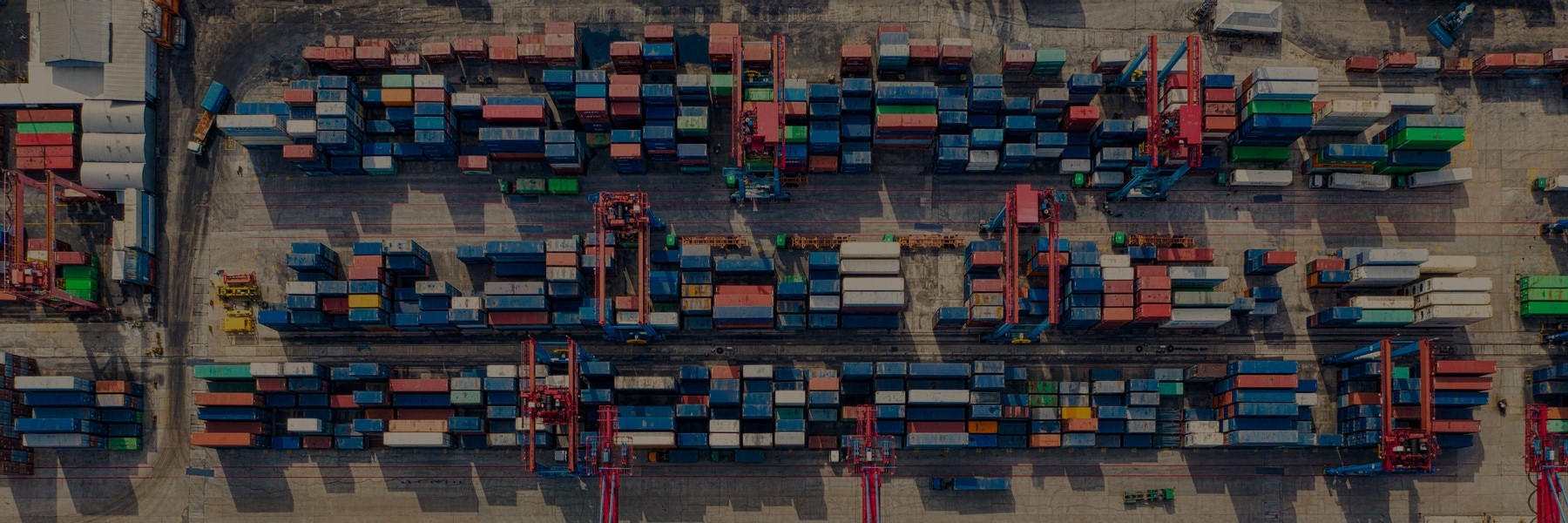Supply chain workers are the unseen worker ants of the e-commerce world. Quietly working in the background, their true value has been exposed during this era of self isolation. Unfortunately, there have been delays in customer orders recently due to the necessities of our new normal. Increased online participation might be a blessing for sales but it posses challenges for logistics.
Outdated
As buying habits continually change, predictive models underpinning majority of the global supply chain have been undermined. Companies dealing in essential goods are revelling in the increased demand while those dealing in non-essential good are in an unenviable position. Although, certain products have seen increased demand, supermarkets have stayed stocked with no indication of any shortages.
Prepared
However, beforehand some companies saw increased efficiency and revenue after digitizing supply chain . A customer driven digital infrastructure allows firms to be more responsive to quick changes in supply and demand. Digital agencies like DigiCommerce often implement this agile systems for clients as part of larger digital enhancement projects. This makes for a more efficient operation and ultimately improves longer term revenues.
Non-essential
Moreover, non-essential goods in general are dealing with similar logistical challenges but faced with less customer demand. The current low to zero demand of some of these products in turn creates further delays. This results mainly from the reduced storage space in warehouse or fulfillment centers. A system that centralizes, ERP, HR, e-commerce, logistics and other business functions is a useful safeguard in uncertain times. Clients should use experienced digital agencies to implement their centralized digital infrastructure.
Future
Regardless, we are set to see some changes in global supply chain as different sectors start to adapt to an uncertain future. E-commerce at large would benefit from this as firms start exploring multiple suppliers instead of rely on a few. Among other things, it also incentivises managers to considers local suppliers and different means of transportation. This crisis has taught managers the limits of running a lean operation relying on one manufacturer, country or transportation. Yes, this keeps cost low under normal conditions but proves clumsy at a time like this. A more diversified approach in this regard seems like a reasonable way to avoid significant delays in the future. These strategies will ultimately improve logistics and e-commerce as it becomes more robust for future crisis.
It has been pleasing to see mangers deploy several interesting solutions to current supply chain issues. Some supermarket chains has actually turned some of their branches partly or wholly to fulfillment centers to better manage delays. Other have suggested increasing offshore production by outsourcing labeling and packaging responsibility to third party logistics partners.

